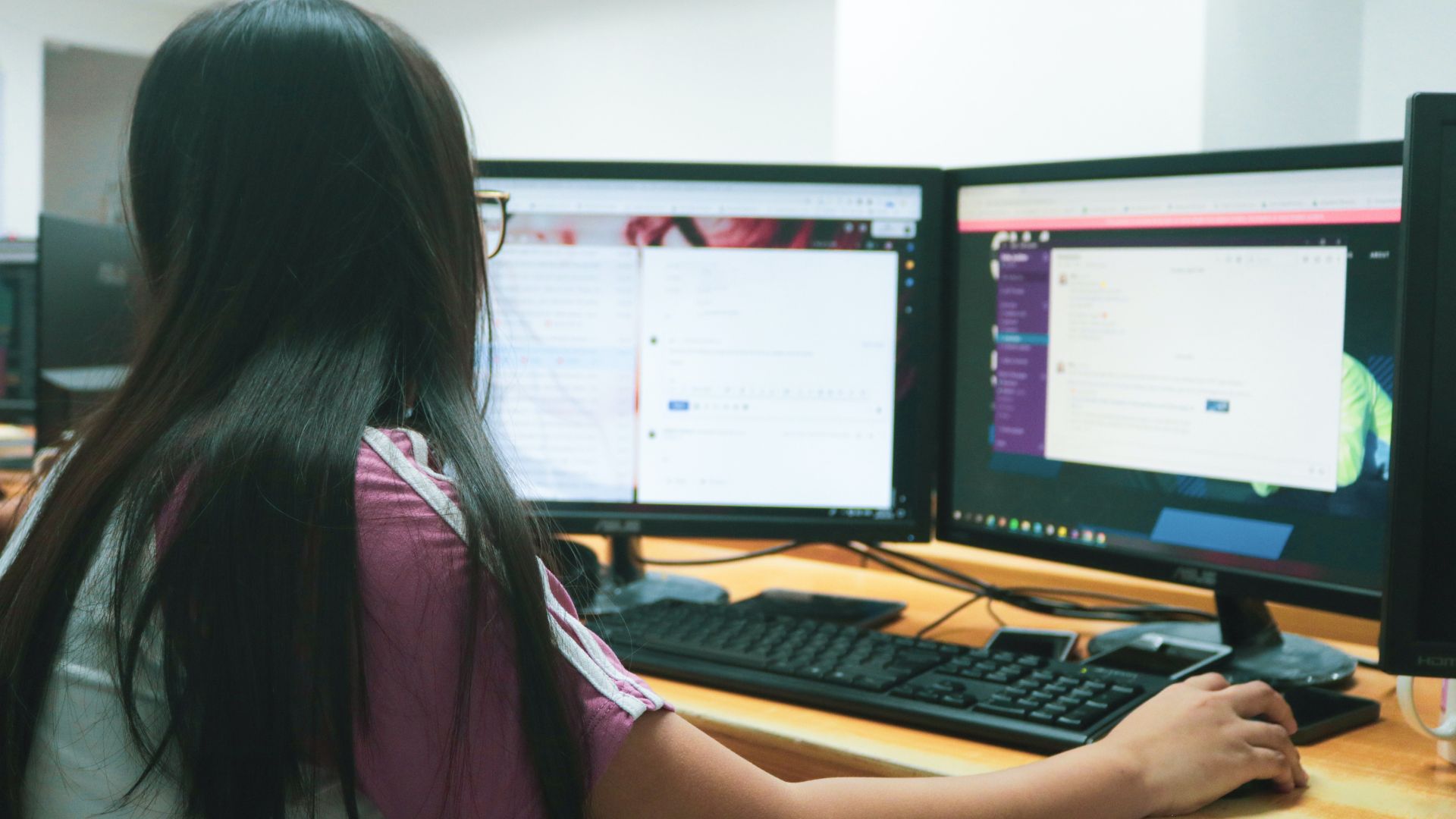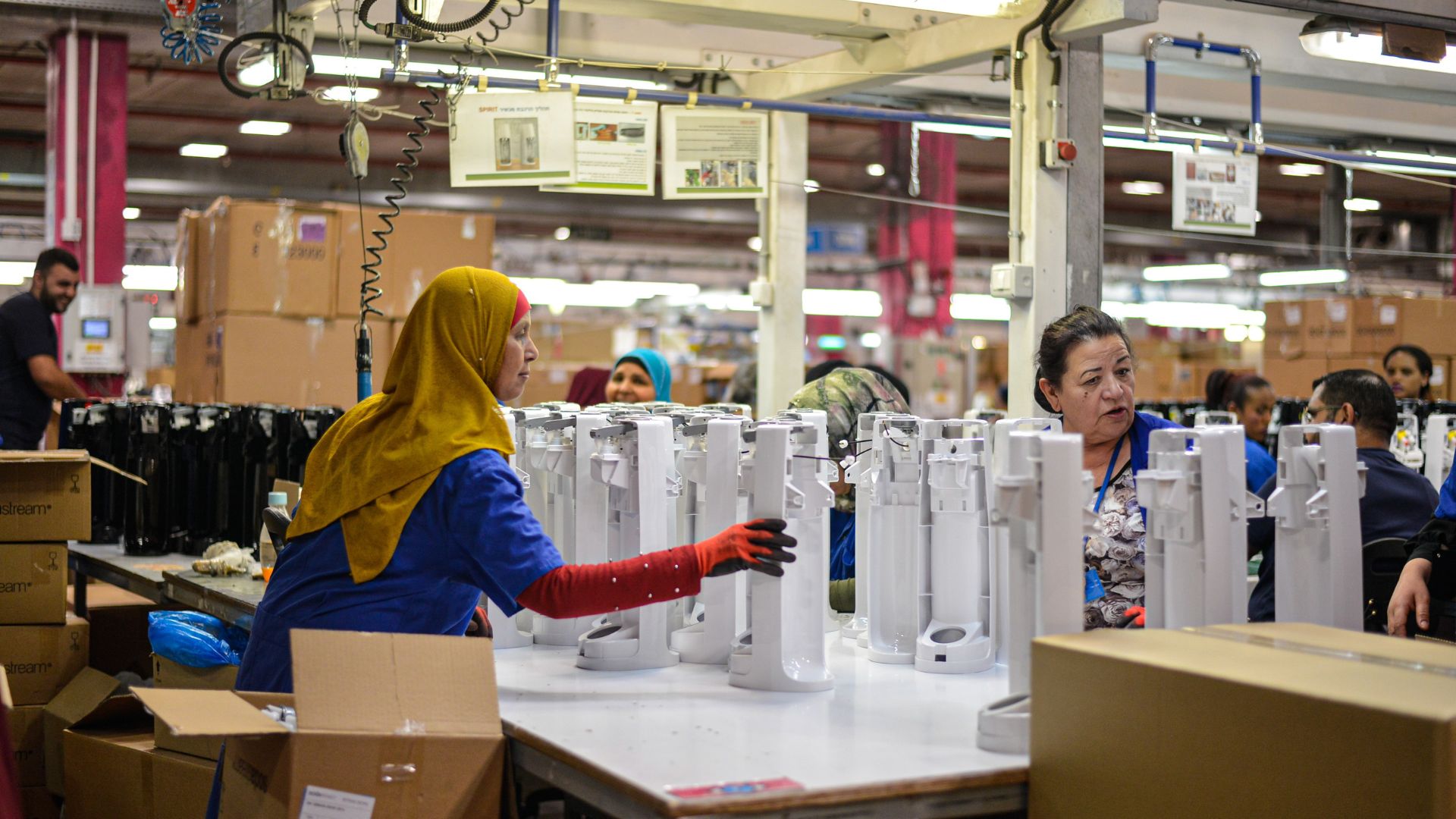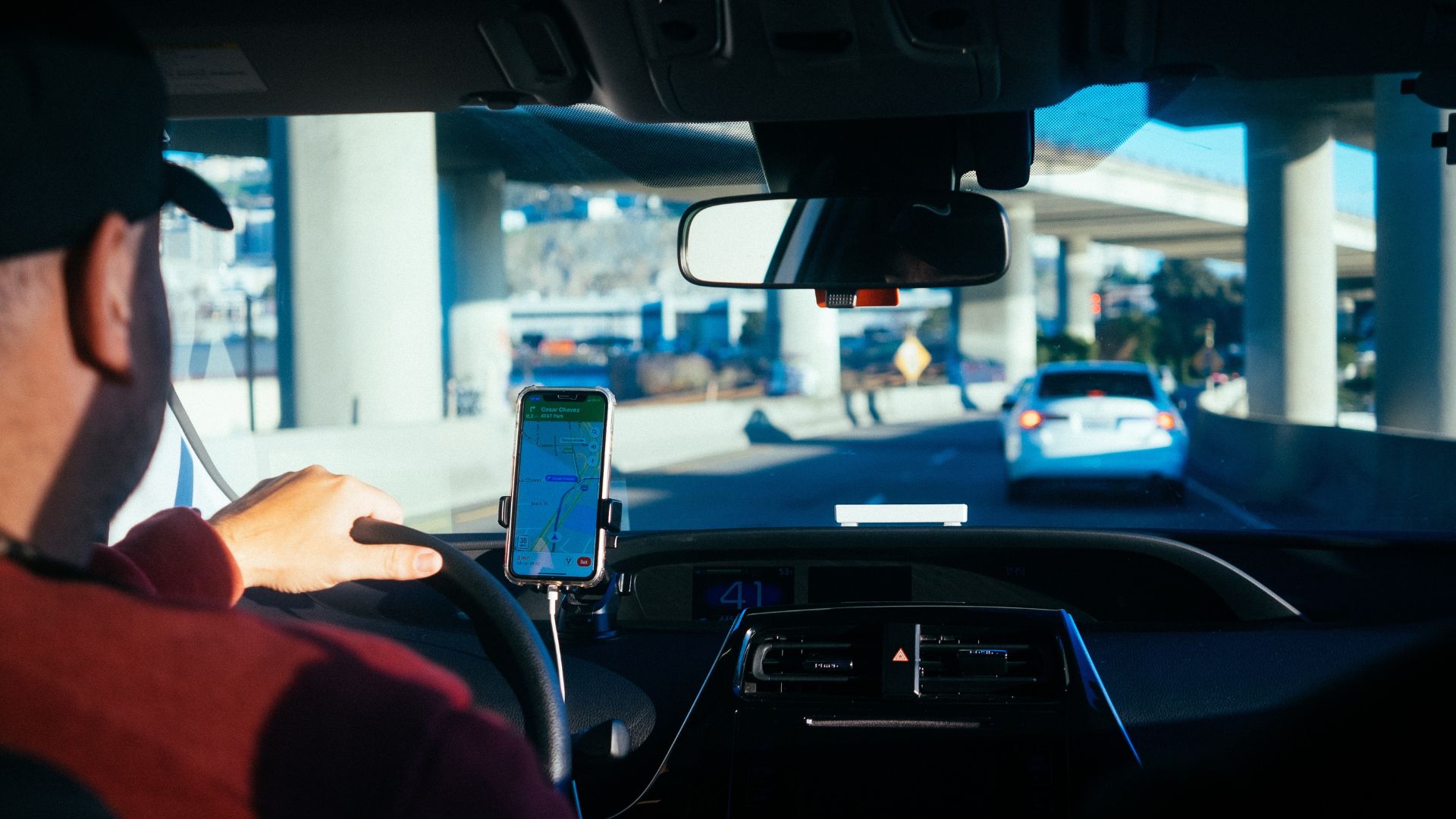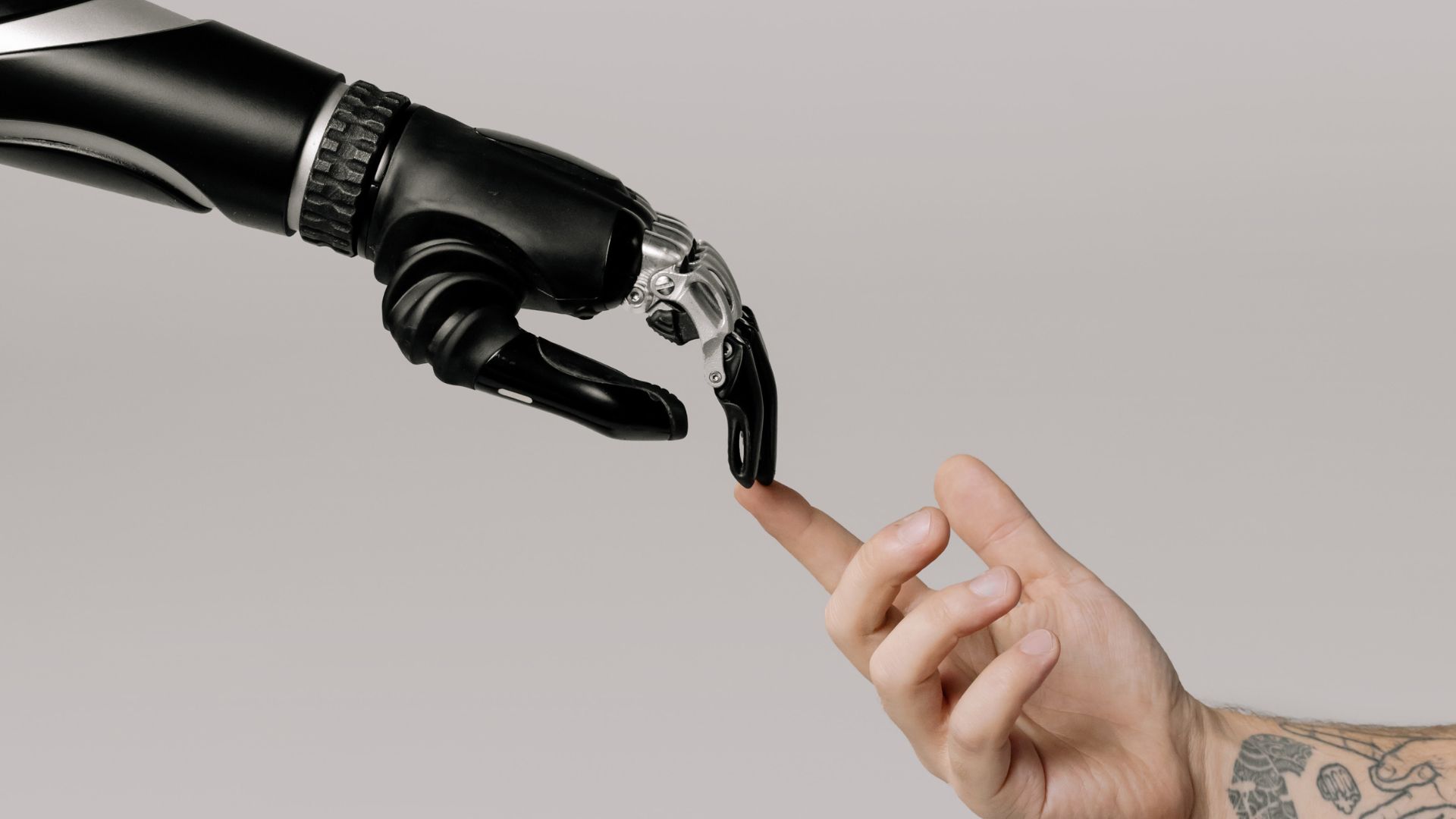In an era where artificial intelligence (AI) is becoming a staple in various sectors, the landscape of employment is undergoing significant changes. A survey of roles affected by this transformation reveals that certain jobs, once considered stable, are now threatened by extinction.
AI’s proliferation is causing a pivot, requiring workers in these diminishing fields to adapt to emerging technologies and find new career pathways.
The Decline of Telemarketing

Telemarketing has long been a thriving profession, but AI-powered chatbots are rapidly changing this narrative. With their ability to efficiently handle customer inquiries and make sales, chatbots are rendering human telemarketers increasingly obsolete.
The traditional practice of humans making sales calls to potential customers is dwindling as AI’s efficiency and 24/7 availability take center stage.
Data Entry’s Transformation

Data entry clerks, entrusted with the task of inputting information into computer systems, are witnessing a decline in their professional relevance.
Advancements in optical character recognition (OCR) technology have enabled AI to read handwriting and convert it into digital text. Consequently, this development is automating data entry tasks, reducing the demand for human intervention in this field.
The Automation of Bookkeeping

AI-powered accounting software is revolutionizing the financial sector. Human bookkeepers, once relied upon for maintaining financial records and balancing accounts, are facing competition from AI systems.
These automated platforms are adept at reconciling accounts, tracking expenses, and generating financial reports, tasks previously requiring manual human effort, marking a shift in the employment dynamic.
The Changing Role of Receptionists

AI-powered virtual assistants are making traditional receptionist roles less prevalent. These advanced systems are equipped to greet visitors, answer phones, and direct calls with personalized efficiency, tasks historically performed by human receptionists.
This technological shift is redefining the front desk operations in various establishments, signaling a transformation in administrative job functions.
Proofreading in the Age of AI

Natural language processing technology is reshaping the realm of proofreading. Proofreaders, tasked with identifying and correcting errors in grammar, punctuation, and spelling, are now in direct competition with AI-powered software.
These advanced systems are not only faster but often more accurate, ushering an era where traditional proofreading roles are becoming increasingly automated.
The Future of Banking

Bank tellers, once the cornerstone of personal banking, are witnessing a shift in their professional landscape. The emergence of mobile banking and AI-powered chatbots, which offer 24/7 service and instant solutions, is reducing the necessity for in-person banking.
Transactions and customer service are now increasingly being handled digitally, signaling a transformation in the banking sector.
Travel Agents Navigating Change

Travel agents are encountering a shift in their industry, courtesy of AI-powered platforms that are transforming the way people plan and book their travels.
These automated agents provide efficiency and personalized experiences, reducing reliance on human agents. The traditional model of travel booking and planning is evolving, influenced by technological advancements.
Factory Work Redefined

The manufacturing sector is undergoing a profound transformation due to the rise of robotics and automation. Traditional roles of factory workers, involved in assembling products on assembly lines, are becoming less prominent.
Robots, with their ability to work tirelessly and efficiently, are taking over, indicating a decline in the demand for human factory workers.
The Evolution of Customer Service

Customer service, a domain known for human interaction, is witnessing a surge in AI-powered chatbots. These automated systems are available around the clock, offering instant solutions to customer inquiries and complaints.
This development is impacting the traditional roles of customer service representatives, as AI proves to be more efficient in handling a range of customer service tasks.
Autonomous Vehicles and Driving Jobs

The rise of autonomous vehicles is signalling a transformation in the transportation sector. Drivers, responsible for transporting people and goods, are facing a future where vehicles equipped with AI can operate independently.
This technological advancement is not only enhancing efficiency but also raising safety standards, prompting a reevaluation of traditional driving roles.
A Balanced Perspective on AI’s Impact

“The rise of AI has brought many benefits, but it has also raised concerns about job security. As we have seen in this article, many jobs are at risk of being replaced by AI.”notes the AI model ChatGPT.
While AI’s influence is indeed leading to a reduction in certain job roles, it’s also important to acknowledge the new employment opportunities emerging in its wake. The evolving job landscape requires adaptability and a focus on skills that align with technological advancements.
